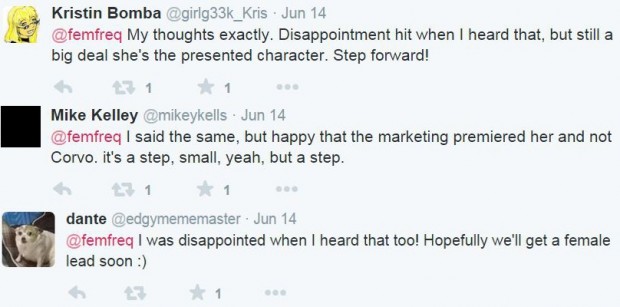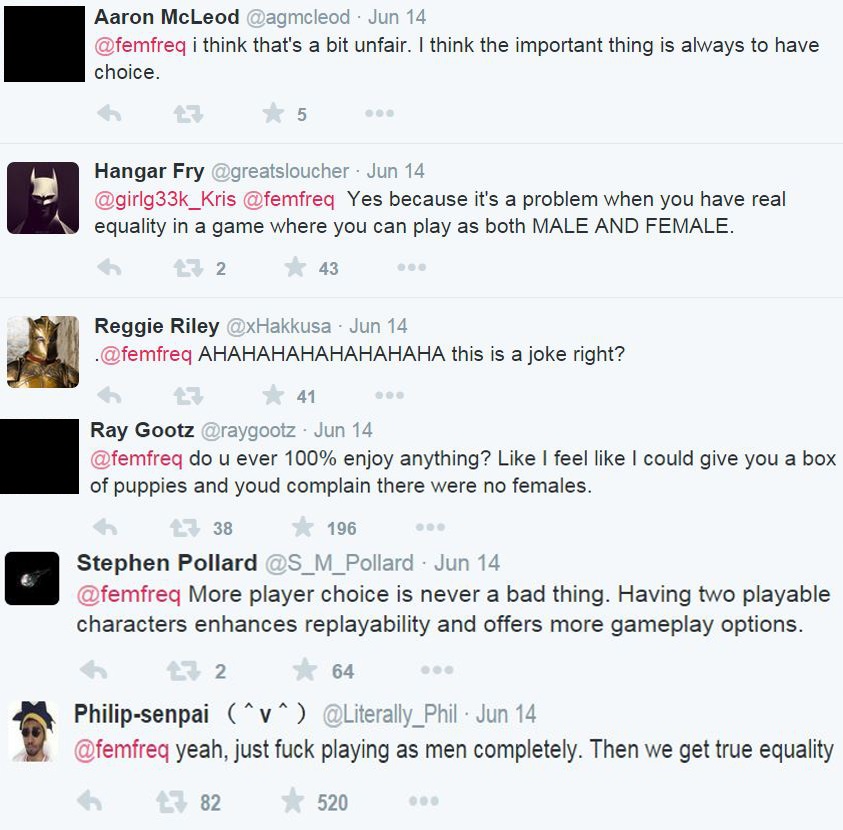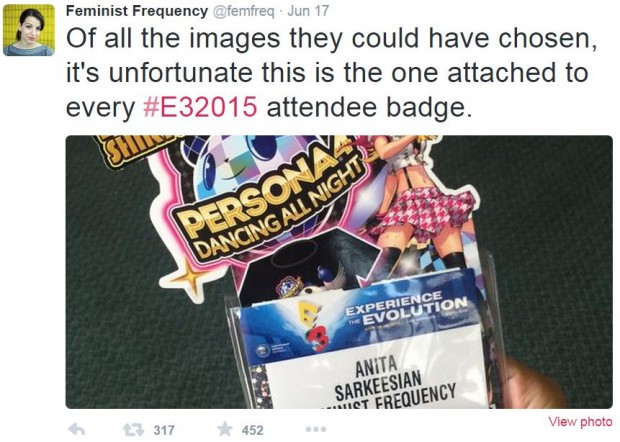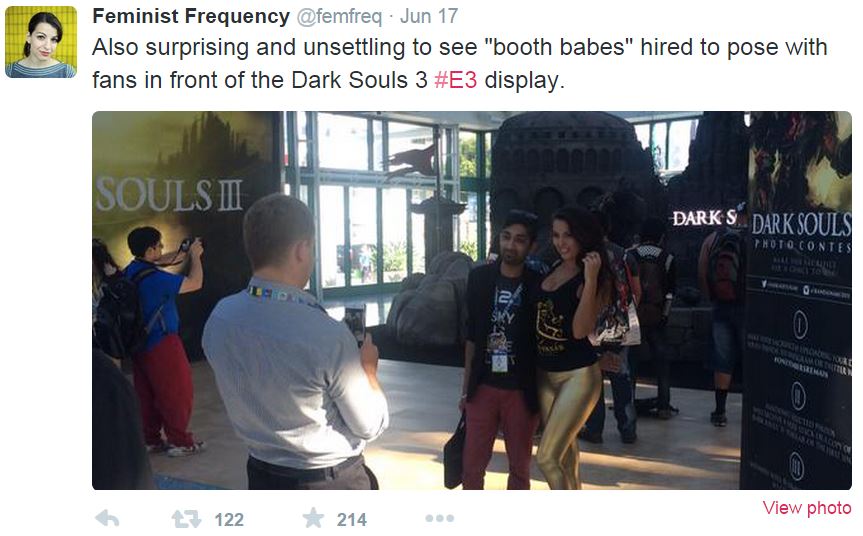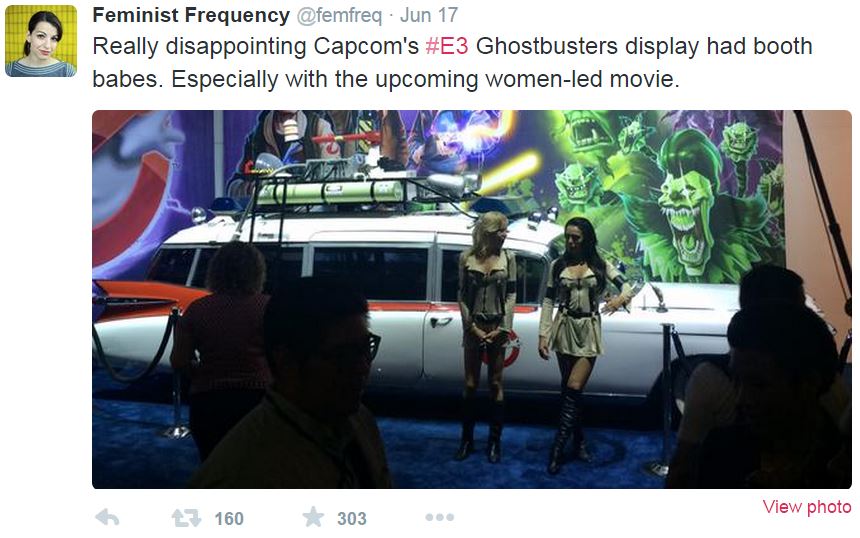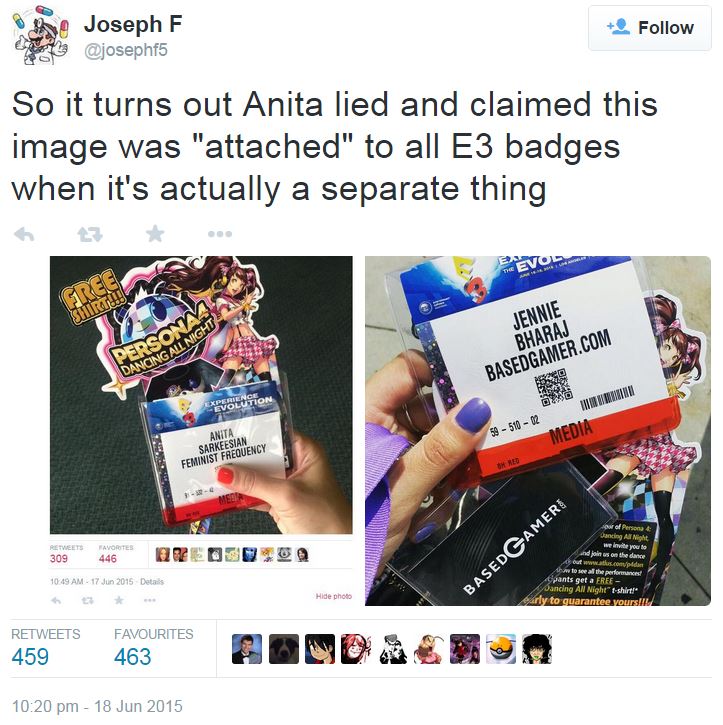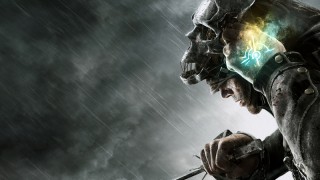
It’s become an all too familiar pattern, now. Anita Sarkeesian - feminist icon, Kickstarter non-completer and budding rival to “Sir Buzz Killington” - has recently launched an attack on Arkane Studios and Bethesda Softworks for not making Dishonored 2 a game with an “exclusively female lead.” Cue the eye-rolling.
“A bit sad that #Dishonored2 didn’t make the leap to an exclusively female lead but really pleased they’re using Emily in marketing! #BE3,” stated Sarkeesian, in a June 14 Twitter post.
As if it really needs explaining, this is not what feminism is supposed to be about. Feminism should be about parity between males and females; when dealing with genuine issues of gender equality, this is, of course, a fine and noble movement. However, is Sarkeesian really advocating true equality?
Can you imagine any principled, right-minded person saying the following?:
“A bit sad that #Dishonored2 didn’t make the leap to an exclusively male lead but really pleased they’re using Corvo in marketing! #BE3.”
What some people fail to understand, as evidenced above, is that true gender equality must work both ways. Of course, many of Sarkeesian’s Feminist Frequency fans were quick to rally to her defense:
What the above Twitter-goers fail to realize is that the female protagonist of Dishonored 2, Emily Kaldwin, looks set to share the “lead role” with the original game’s male protagonist, Corvo Attano. How could the dev team be any fairer?
By and large, the gaming community was pretty unimpressed with Sarkeesian’s sexist comment (let’s call it what it is). As the masses’ disbelief began to subside, the reactions started to pour in:
She also decided to attack the booth babes (again), along with the images attached to the Dancing All Night badges.
However, when it came to the Dancing All Night badges, some accused Sarkeesian of being deliberately dishonest:
Predictably, the mainstream video game journalists have refused to denounce Sarkeesian’s unhelpful remarks. In doing so, these “moral arbiters of gaming” have demonstrated a complete lack of journalistic integrity, simply refusing to cover both sides of the debate. They call people out for being misogynistic (quite rightly), but fail to confront cases of obvious misandry. Again, it should work both ways.
When some lone gamer directs an unsavory comment towards Sarkeesian, the Internet becomes peppered with articles about the death of gamers, and the surge of sexism within the video game industry. Most of the media outlets endlessly churn out opinion pieces on Sarkeesian’s abuse and the merits to her critiques, but what about the weaknesses of her arguments? Are we to presume the likes of Kotaku, IGN, Ars Technica et al. blindly agree with absolutely everything Sarkeesian says? Do these monolithic publications think Dishonored 2 should avoid featuring both male and female co-leads? I have no idea, because the only coverage we get from them focuses, overwhelmingly, on their support for her ideology.
But what happens when the game has an exclusively female lead? Do we need exclusively female sidekicks? An exclusively female support cast? As mentioned in a previous article, it seems almost impossible to make this type of person happy. Why? Because complaining about gender inequality in video games is her raison d’être.
And, unfortunately, Sarkeesian’s histrionics didn’t end there. Bethesda’s Fallout 4 and Doom were also on the chopping block.

